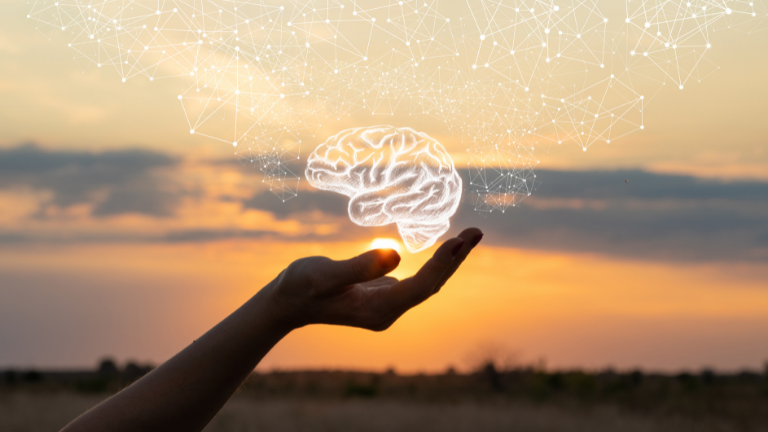
Improve your brain health with Pilates
Given our current lockdown status here in Sydney, there has been an abundance of great articles citing research on the benefits of exercise for both body and the brain. Whether you’ve been enjoying walking around our local area, have taken up running, or are tuning in to regular online fitness classes, the key to a healthy mind is to get up and get moving.
Pilates has long been recognised for its many physical health benefits:
- improvement in balance
- improves coordination
- increased flexibility
- spinal realignment/posture correction
- correcting movement patterns
- muscle toning and conditioning
However, there is much more to Pilates than physical benefits – it can also help improve your mental health providing improvement in memory, a way to manage stress, and relaxation, to those who regularly practice. So, how does Pilates do this?
Mindfulness and relaxation through breathing
Anyone who has attended a class here at Pilates Connection will know that we provide a detailed focus on breathing patterns for various exercises. Working on expanding and contracting your diaphragm at the correct point of an exercise allows your movement to follow the breath, and helps get you through those difficult parts of the sequence. Think about our breathing sequence during the 100s or how difficult it would be to hold an extended plank if you were holding your breath rather than focusing on steady breathing. When your brain focuses on breath and movement, you are in the moment (as opposed to daydreaming about a vacation far, far away or thinking about work), and you’re allowing your mind a chance to rest.
“The physiological responses to deep breathing are well studied, with lowered blood pressure, increased heart rate variability and improved cardio respiratory fitness among the benefits. More recently, in addition to these physical improvements to the body, deep breathing has been shown to be a valuable tool in enhancing mental and emotional wellness.” *
Increasing brain activity and improving memory
As we age, our bodily systems, including the mind, gradually decline. The rate at which this happens varies from person to person, but “brain aging”, where the brain actually shrinks in size and affects our ability to learn something new, multitask, and retain information, will eventually happen to all of us. When practising Pilates, both cardio and strength elements are proven to help brain function. They strengthen the part of the brain responsible for memory, planning, and cognitive function.
According to a study posted by Harvard Health Publishing,
“Exercise helps memory and thinking through both direct and indirect means. The benefits of exercise come directly from its ability to reduce insulin resistance, reduce inflammation, and stimulate the release of growth factors—chemicals in the brain that affect the health of brain cells, the growth of new blood vessels in the brain, and even the abundance and survival of new brain cells.
Indirectly, exercise improves mood and sleep, and reduces stress and anxiety. Problems in these areas frequently cause or contribute to cognitive impairment.
Many studies have suggested that the parts of the brain that control thinking and memory (the prefrontal cortex and medial temporal cortex) have greater volume in people who exercise versus people who don’t.”
Joseph Pilates perfectly sums up the physical and mental benefits of Pilates in his mantra that still drives our teaching methods in the studio today:
“the Pilates method of body conditioning is complete coordination of body, mind and spirit”
If you’d like to delve further into more articles about exercise and brain health, here’s a good place to start:
- What happens to our brain as we age? Medical News Today
- How walking can stave off memory decline The Sydney Morning Herald
- The Body/Brain Connection: Pilates for mental health Pilates Alliance Australasia *



Sorry, the comment form is closed at this time.